Child Safe Scouting
You can find reporting forms here.
Safety is our number one priority for all our members. Scouts Victoria operates two emergency phone lines for 24/7 help and assistance (the Emergency Line and the Child Safe line). These numbers can be used by any adult or youth member to receive support and guidance in an emergency situation.
Child Safe Support - 1800 870 772
Please call the Child Safe number if you need immediate assistance or support on any of the following:
Reports can be made via childsafe@scoutsvictoria.com.au. The phone line is to provide support if needed.
- If you form a reasonable belief that a young person could be at risk of harm or you have concerns for their safety or well-being. This could be for many reasons, including mental health or family violence.
- If someone discloses sexual, physical, psychological or emotional harm or neglect towards a young person. This includes any disclosures from young people in regard to harm towards themselves.
- If you have observed harmful behaviour towards a young person or seen suspected signs of abuse.
- You have observed a young person participate in harmful behaviour towards themselves or someone else.
- You have an incident that is continuing to escalate beyond local resource capacity or urgent assistance by Scouts Victoria is required.
Please complete our Child Safety reporting form within 24 hours for:
- An incident that meets the criteria for calling the Child Safety Line (in addition to the call).
- An incident involving the inappropriate or negative behaviour of an adult towards a child.
- An incident that is a category 4 behaviour from their Code of Conduct.
- An incident that you are not sure if you should report or not.
Listen and Support. Document and Report.
Listen carefully
- Ensure the situation is safe. Stay in sight, but out of hearing of others.
- Listen to what the young person wants to share.
- Let them take their time, and encourage their own words.
- Ask open questions such as “can you tell me more about that?” instead of leading questions such as “Did they touch you here?”
Support the young person
- Hold back your own emotions and judgements.
- Let the young person know it’s not their fault and they are not in trouble.
- Acknowledge that it must have been difficult to share.
- Inform them that you will report to Scouts Victoria so we can work together to help keep them safe. Do not promise to keep it a secret.
- Be a listener, you are not an investigator.
Document everything
- Be as specific as you can.
- Use the young person’s own language and words where possible. Differentiate direct quotes from general statements.
- Include who was present, and any other discussions you’ve had i,e, with your GL or other Section Leaders.
Report via 1800 870 772 or childsafe@scoutsvictoria.com.au
- Please be in contact within 24 hours of any disclosure, concern or notification.
- Scouts Victoria understand that this can be distressing and we are there to support you.
- We may ask you to notify an external authority such as Victoria Police and we can help you do that.
- We will ask you to complete our notification report on our website.
- Remember, if in doubt, make the call.
You can find reporting forms here.
Trigger warning: child safety can be a distressing topic. You can find links to support services and helplines on the left, under Support & Resources


